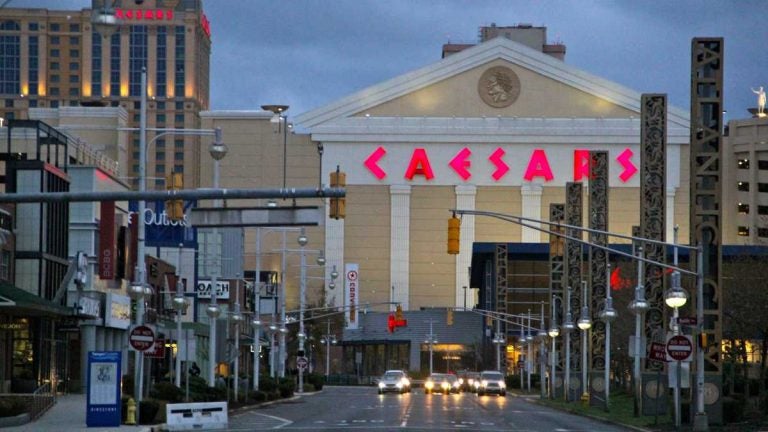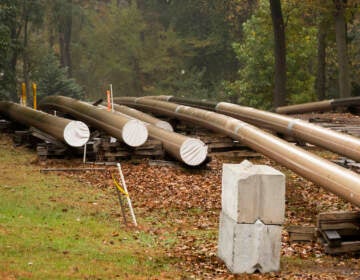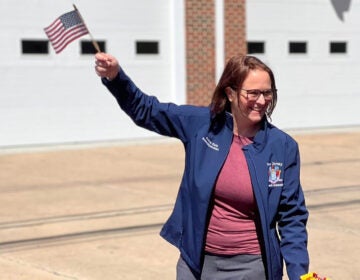Atlantic City seeks ‘microgrid’ to reduce impact of citywide power outages

(NewsWorks file photo)
Although it was spared the devastation Superstorm Sandy wrought on other seaside towns further north, Atlantic City still lost power for several days after the storm.
City officials are trying to make sure that doesn’t happen again.
The gambling resort has received a $175,000 grant from the state Board of Public Utilities to study the feasibility of building a “microgrid,” a small collection of buildings with an independent electrical source that can continue operating during a widespread power outage.
“The lights can stay on. Their heat and air conditioning can stay on,” said BPU president Richard Mroz.
Nearly five years after Sandy made landfall, towns and cities across New Jersey continue to develop ways to protect themselves against the next major storm.
The Atlantic City microgrid would connect four “critical” facilities: Caesars Hotel and Casino, Bally’s Hotel and Casino, Boardwalk Hall, and the AtlantiCare hospital. Officials said the casinos and entertainment venue could be used as shelters during an emergency.
Jim Rutala, a planning consultant for Atlantic City, said the power outages caused by Sandy hampered the efforts of first responders.
“It was difficult to respond to the residents’ needs. It was difficult to provide shelter that was heated and maintained,” Rutala said. “This would provide power so that they could operate during and after a storm.”
Rutala said the study could be completed in six months. If all goes well, he said, a microgrid could be operating in Atlantic City by 2019.
Camden, Cape May, and Galloway are among the other South Jersey towns that have sought funding to study and build microgrids.
WHYY is your source for fact-based, in-depth journalism and information. As a nonprofit organization, we rely on financial support from readers like you. Please give today.




